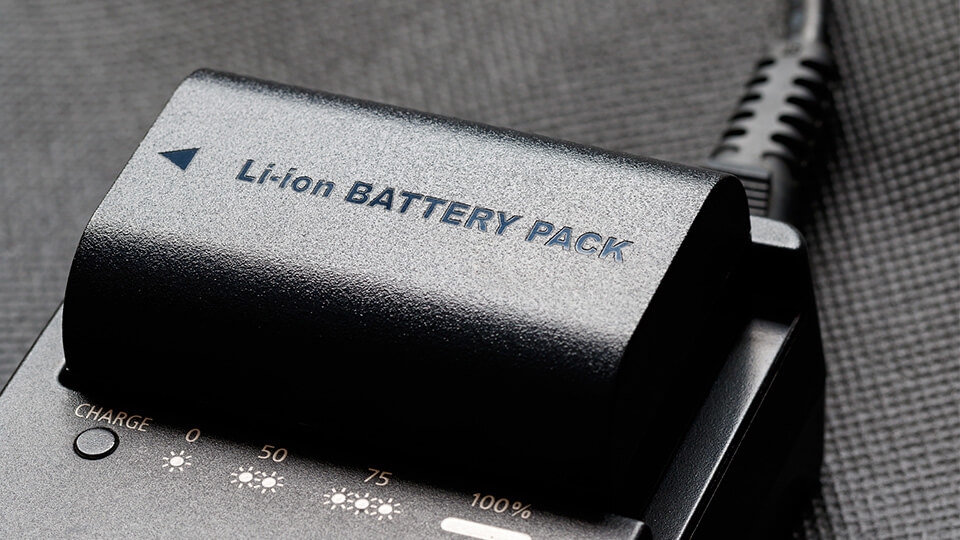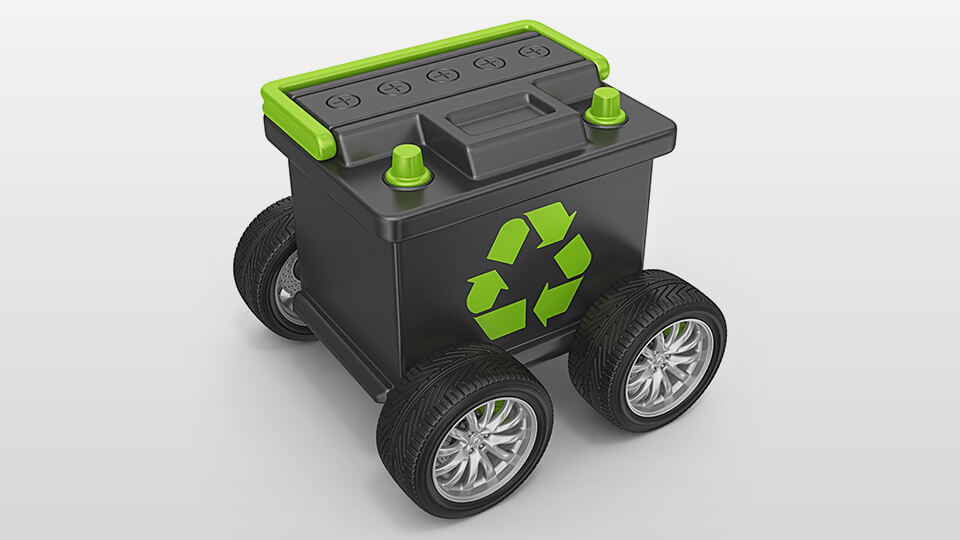Undoubtedly use of Lithium-ion batteries(LIBs) is booming in Australia. A recent paper by the CSIRO highlighted the importance of managing the growing waste stream. Currently Australia is producing 3,300 tonnes of lithium-ion battery waste each year. Only 10% of Australia’s lithium-ion battery waste was recycled in 2021. This compares with 99% of lead acid battery waste.
Currently the LIB waste is growing by 20% per annum. Importantly, the great thing about recycling LIBs is that up to 95% of the battery components can be recovered for alternative use. Some may even be turned into new batteries.
The recently announced National Battery Strategy identified the importance of managing the waste stream.
New Plant Planned
Ecobatt are preparing for the significant growth with plans to build a Lithium-ion Battery Recycling Plant that is due to be commissioned in early 2026. The facility is expected to have the capacity to process 30,000 tonnes of batteries per annum.
In broad terms the batteries are collected, discharged, dismantled then shredded. Particularly recovering the Copper, Aluminium, Steel, and Stainless Steel. Together with the Electrolyte and leaving what is known in the industry as black mass.
The importance of critical materials
The critical materials are then extracted from the black mass. Without a doubt, the challenge for the industry is that today the black mass is sent offshore for further refining. This must be actioned before it can be incorporated into new battery products. With the commissioning of Ecobatt’s URT Lithium Plant this could well change. The quality of the black mass will be the purest in the market and could find a home in the Australian markets.
The new technology Ecobatt will use incorporates world best safety practices ensuring the electrolyte is recovered and recycled. Off gases, toxic and volatile organic compounds, as well as fluorides, will be handled to the highest standards, in the interests of employees, the local community and the environment.
The senior team at Ecobatt visited over 40 battery recycling facilities around the world before selecting URT Recyclingtechnik as their partner to build their turnkey Australian operation.
Urban Mining the future
Doug Rowe Group Managing Director of the Ecocycle group of companies, including Ecobatt believes their new urban mining venture will open a new green metals industry. Can the quality of Black Mass recovered from recycling, be suitable for reuse in the manufacturing of new batteries? – It is something Ecobatt is working on with its research connections. For now the recovered black mass produced will be refined to recover the lithium, graphite, cobalt and nickel, while the steel, stainless steel, copper, aluminium and circuit boards will be individually separated.
“We have the ability to batch process the varying chemistries we are seeing in lithium batteries. This allows us to keep that black mass separated and to send the various grades to those offering the best treatment outcomes” Doug said.
The balance becomes one of managing the opportunities associated with end-of-life LIBs, and their potential damaging environmental impacts. The extracted critical resources are vital to the needs of our emerging circular economy.





